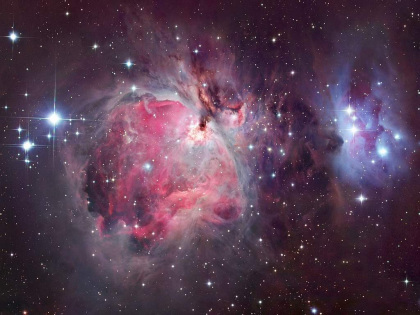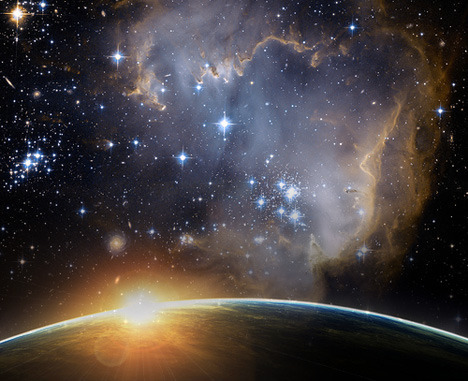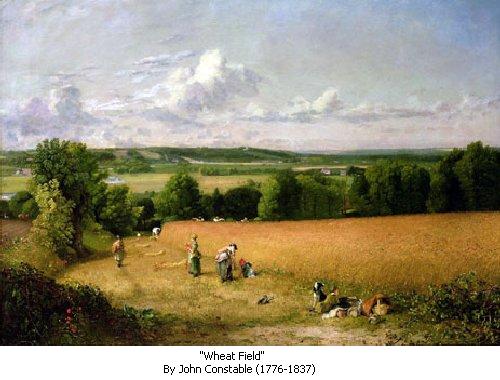
Stars
PRAISE HIM, ALL YE STARS!
STEP out into the open air any clear night, and tell me, if you can, what are all those points of light sparkling above you. The ancients regarded them with a great deal of fear; their wise men pretended to foretell future events by their changes; and many nations worship the sun, moon, and stars. But learned men of the present day have found out that they are worlds, yes, more than that, each one of those glistening, twinkling specks is a sun like our own sun, having, no doubt, worlds like our earth, revolving around it. There they are, in limitless space, not motionless, but each sun with its family of worlds, revolving around one certain center. It is a beautiful thought, and it is no doubt true, that this center is the throne of God.
It may be asked, What keeps them all in their places; how are they prevented from dashing one against another Suppose you should take a ball of yarn, and attaching a string to it, should whirl it around very swiftly; you see the string keeps it all the time at the same distance from you.
Again, dip your ball in water. As you whirl it now, this water flies off in tiny drops in every direction.
Should the string break, the ball too will immediately fly from you. So it is kept moving round by two forces—your arm sending it onward, the string, or other force, holding it to yourself as the center of the circle it forms in moving.
The power, which sends it off is called the centrifugal force, while that which draws it to the center is the centripetal force. These two forces must be perfectly balanced, neither of them stronger than the other, or the body will either fly off or come to the center. Besides this, there is a law that every body attracts, that is, it has a tendency to draw to itself every other body. So all the stars attract one another.
Now could all the countless heavenly bodies have been so nicely balanced by chance that, though always in swift onward motion, as the earth going at the rate of sixty-eight thousand miles an hour, no collision has ever occurred? Surely the Being who made and controls all the worlds on high must be very wise and very powerful. Is he not very good also to give us the beautiful sky, which has been called the grandest object in nature. Had he not wished to please us and to elevate our characters by beholding it, he might have kept this starry dome always covered with clouds, or have prevented the light of these distant suns from reaching us. Is it not worth while, my dear young friends, to try hard to secure the favor of such a Being?
M. E. STEWARD.

"NOT WORTH A STRAW."
PERHAPS a straw is not so worthless as you think. Let us see. Straws are the stems of wheat, rye, oats, and barley. In order to wave to and fro in the wind, and yet bear up the heads of grain, they must be both light and strong. Let us see how lightness is secured.
They are made hollow, you see, like quills; and yet not hollow through the whole length, for every now and then we find a knob or joint, which helps to brace up the sides, and make them strong.
The straw on the outside is hard, and looks shiny, as if it had been polished. It is polished, and that keeps the insects from damaging it, be-sides adding to its strength. Polish! But where, does it get polish?
God gave these plants the power of drawing up this gummy sort of varnish from the earth. It is flint. There is nothing like it on the stem of the sweet-pea or the currant-bush, because they do not need it. But does it not show God's wisdom and knowledge in giving this power to one plant where it is needed, and withholding it from others where it is not.
So you see that even a straw can show the wonderful power of our Creator, and speak his praise.
THE heart gives life its beauty,
Its glory and its power,—
'T is sunlight to its rippling stream,
And soft dew to its flower.
